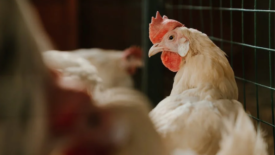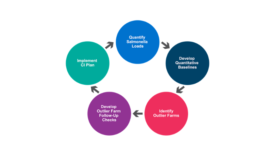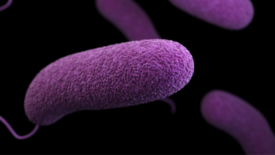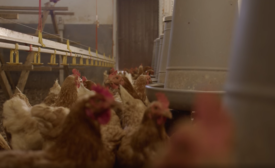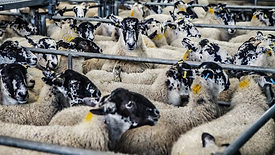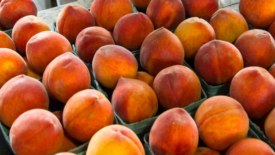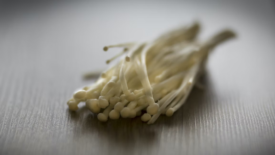Home » Salmonella
Articles Tagged with ''Salmonella''
Ongoing Improvements to Meat and Poultry Safety
The author examines five current topics in meat and poultry and their implications to protein food
October 11, 2022
BIZTRACKS
Continuous Improvement Model for Reducing Salmonella in Poultry
October 10, 2022
Never miss the latest news and trends driving the food safety industry
eNewsletter | Website | eMagazine
JOIN TODAY!Copyright ©2025. All Rights Reserved BNP Media.
Design, CMS, Hosting & Web Development :: ePublishing
.png?height=168&t=1661887788&width=275)


